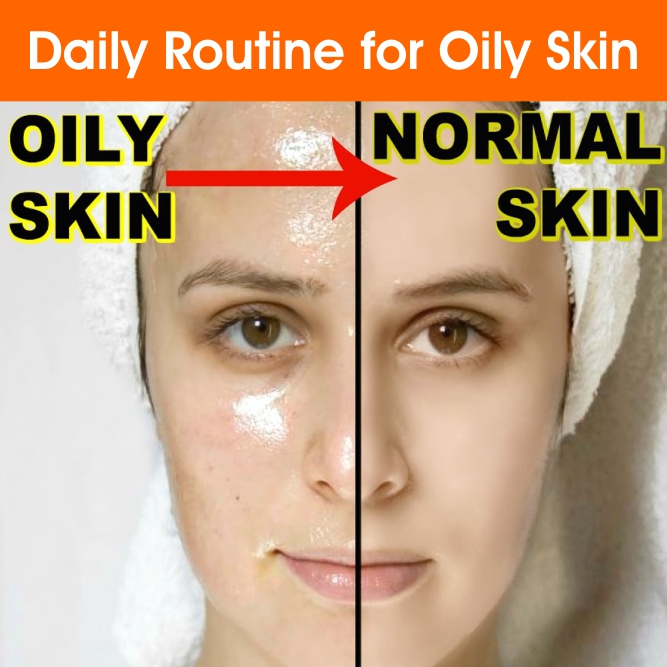Understanding Oily Skin: Causes, Concerns, and Care
Oily skin, a common dermatological concern, can often feel like a relentless battle against excess shine and persistent breakouts. Characterized by a shiny complexion, enlarged pores, and a propensity for acne, oily skin can be frustrating to manage. However, with a deeper understanding of its causes and effective skincare practices, individuals can navigate their oily skin concerns with greater ease.
Understanding the Causes:
Oily skin is primarily the result of overactive sebaceous glands, which produce an excess of sebum, the skin's natural oil. While sebum is crucial for maintaining skin hydration and protection, an overproduction can lead to issues like clogged pores and acne.
Several factors contribute to the development of oily skin:
- Genetics: Genetic predisposition plays a significant role in determining skin type, including oiliness. If your parents have oily skin, there's a good chance you may inherit the same tendency.
- Hormonal Changes: Hormonal fluctuations, such as those experienced during puberty, menstruation, pregnancy, or menopause, can trigger an increase in sebum production. This is why oily skin is often more prevalent during adolescence.
- Environmental Factors: Humidity and heat can stimulate the sebaceous glands, exacerbating oiliness. Additionally, exposure to pollution and certain skincare products can disrupt the skin's natural balance, leading to increased oil production as a defense mechanism.
- Overwashing or Harsh Products: Paradoxically, overwashing or using harsh skincare products can strip the skin of its natural oils, prompting the sebaceous glands to produce even more sebum to compensate. This can aggravate oily skin and lead to further issues.
While oily skin can be challenging to manage, adopting the right skincare routine can help keep it in check:
- Gentle Cleansing: Opt for a gentle, non-comedogenic cleanser to remove excess oil, dirt, and impurities without stripping the skin of its natural moisture. Cleansing twice daily, in the morning and evening, helps maintain a clean canvas for skincare products.
- Balanced Moisturization: Contrary to popular belief, even oily skin needs hydration. Choose oil-free, lightweight moisturizers that won't clog pores but will provide essential hydration to the skin.
- Exfoliation: Regular exfoliation helps remove dead skin cells and unclog pores, reducing the likelihood of breakouts. However, be cautious not to overdo it, as excessive exfoliation can irritate the skin and exacerbate oiliness.
- Oil-Control Products: Incorporate oil-control products, such as mattifying primers or blotting papers, into your skincare and makeup routine to manage shine throughout the day.
- Sun Protection: Always use a broad-spectrum sunscreen with at least SPF 30, as sun exposure can stimulate sebum production and exacerbate oily skin. Look for lightweight, non-comedogenic formulas suitable for oily skin.
- Healthy Lifestyle Habits: Maintain a balanced diet, stay hydrated, manage stress levels, and avoid habits like smoking, which can contribute to skin issues.
Conclusion:
Oily skin may present its challenges, but with the right approach, it can be effectively managed. Understanding the underlying causes and adopting a tailored skincare regimen can help individuals with oily skin achieve a clearer, more balanced complexion. By embracing gentle cleansing, proper hydration, and targeted treatments, oily skin no longer needs to be a source of frustration but rather an opportunity for informed self-care



No comments